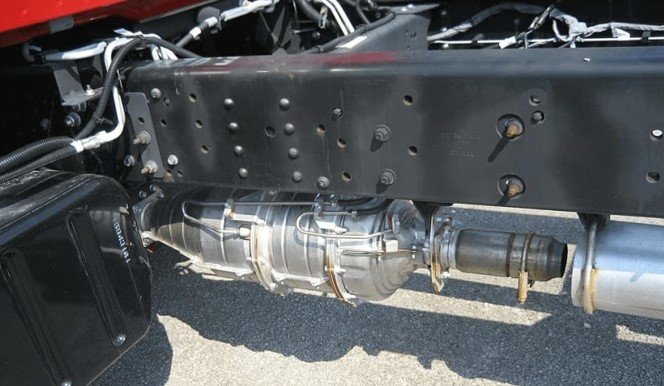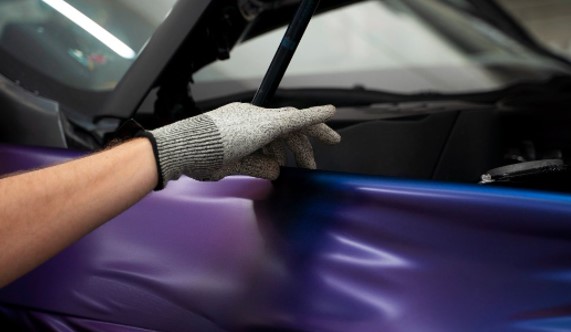Arkansas legislators send amended tire recycling bill to governor’s desk
Arkansas lawmakers on Friday despatched to the governor’s desk a intensely amended invoice that intends to give some aid to the state’s flagging tire recycling method with out expanding expenses on people.
Senate Bill 508, which quickly cleared the Dwelling and Senate on Friday, is intended to be a stopgap, mentioned sponsor Rep. Justin Gonzales, R-Okolona. When presenting the invoice on the Dwelling ground, Gonzales explained Gov. Sarah Huckabee Sanders had indicated she would be eager to simply call a unique session if stakeholders appear to an arrangement on prolonged-time period alternatives for effectively disposing of tires.
The bill’s Senate sponsor, Sen. John Payton, R-Wilburn, mentioned a House modification “really a lot gutted” the laws when presenting it on the Senate flooring.
Alexa Henning, a spokesperson for Sanders, said in a composed statement Friday the Republican governor meant to indicator the invoice in its current type. When questioned if Sanders would take into account contacting a exclusive session on the problem, Henning claimed she was not “heading to engage in hypotheticals.”
Properly disposing of tires is important for defending community health and the natural environment. Unprocessed tires are slow to degrade. If left in landfills, they could fill with drinking water, drawing mosquitoes and varmints.
An earlier variation of SB508 would have produced an estimated $3 million to $4 million in new fees to subsidize the disposal of tires, Payton claimed when presenting the invoice in a Senate committee last week.
Though generally in favor of privatization, Payton reported bolstering governing administration subsidies is now the only powerful way to assure waste tires are thoroughly processed.
[DOCUMENT: Read the amended tire bill » arkansasonline.com/48sb508/]
“We have a fantastic market in Arkansas that discounts with processing these tires, but they are not able to do it for absolutely free. They have enormous, very unique equipment to deal with shredding and destroying these tires,” Payton explained previous week. “Individuals equipment are highly-priced, the maintenance is highly-priced, the labor. Transporting individuals tires cost revenue.”
The previously model of SB508 would have expanded the forms of tires matter to a $3 rate when acquired new at tire retailers. It also would have imposed the new tire rate for each individual tire incorporated in the sale of new automobiles.
For buys of big and added-large tires, the previously version of the invoice would have permitted fees of up to $7.50 and $30, respectively. Payton mentioned huge tires are frequently utilised on semi-vans and excess-huge tires are usually made use of on tractors and massive building products. The earlier variation of the invoice would have repealed a “rim removal” cost in present law, which is imposed when a retailer replaces a tire on a auto.
The amended model of the bill contains no amplified charges but would retain the “rim elimination” rate. The legislation incorporates provisions that would permit the condition Division of Finance and Administration to administratively near a company if the company does not provide officers with tire service fees they have gathered, Gonzales claimed.
About $4 million in existing tire service fees have long gone uncollected. Although about 50 percent of the companies keeping these delinquent fees have absent defunct, Gonzales said increasing the department’s capability to administratively near businesses could aid acquire about $2.3 million.
SB508 would divide the condition into four “tire accountability zones” every ruled by a board liable for overseeing the transportation and processing of previous tires. The 11-member panels would be comprised of seven county judges and 4 mayors from the counties and municipalities inside the zones.
At the moment, there are 11 boards across the state that regulate tire disposal. Gonzales claimed consolidating panels would lessen administrative costs.







